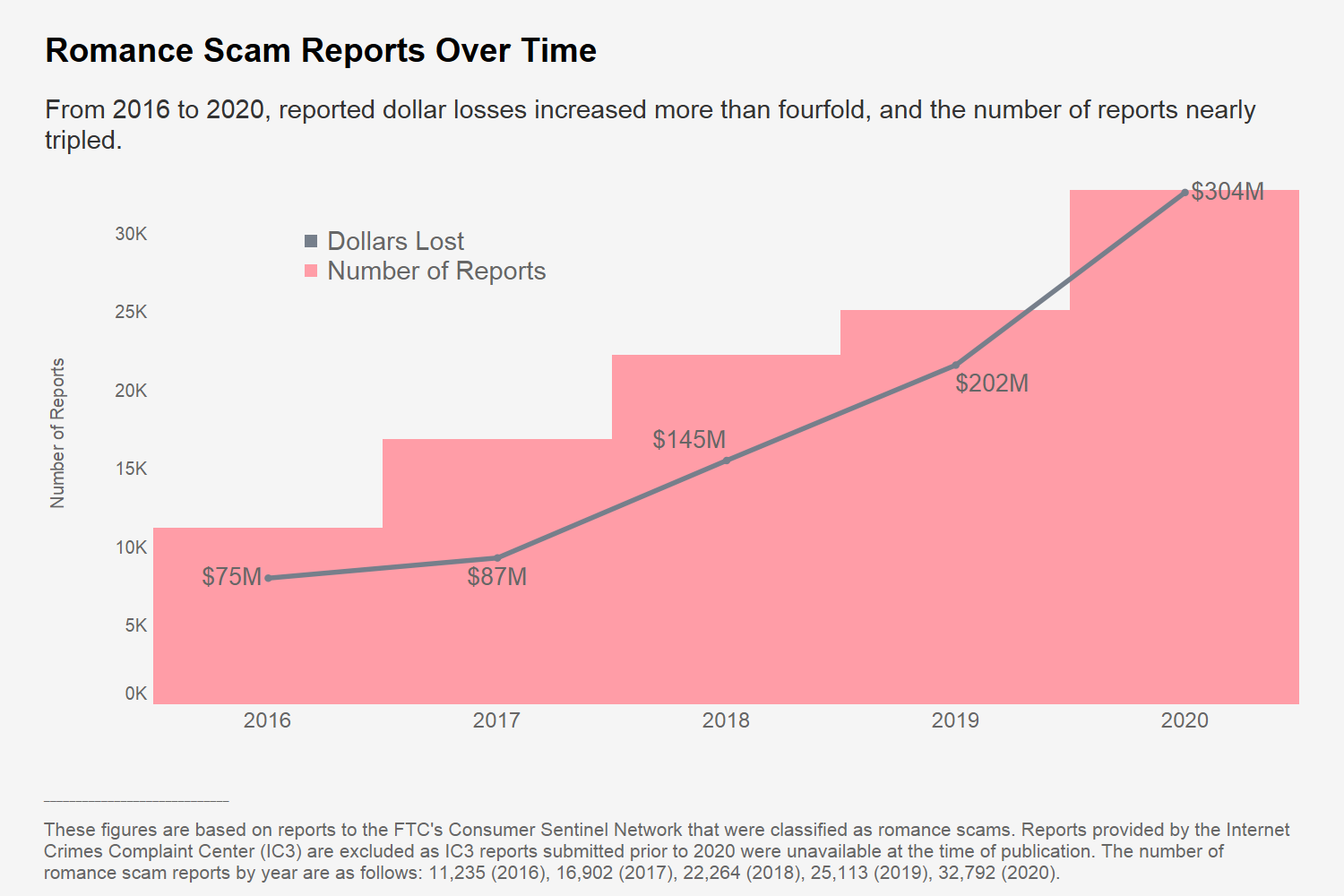What is self advocacy?
Self advocacy is the expression of one's views, needs, or interests. For some, having the ability to advocate for themselves comes naturally, while others may have a difficult time voicing their needs and wants in a given situation. You can and should advocate for yourself when it comes to your wallet, workplace, romantic relationship, academics, and even with family and friends!
Although advocating for self is easier for some people, others may have a difficult time due to pre-existing barriers. For example, some people's efforts to advocate for themselves may be overtly or subtly diminished by systems or individual acts of oppression; which is both a historical and current occurrence within marginalized communities.
Wallet
You can advocate for yourself in various ways when it comes to your wallet. This could include things like:
- Reviewing your pay stubs and asking questions if they don't match the time you worked
- Reading every detail of lease and loan paperwork
- Knowing your rights as a consumer
- Recognizing when sales-people are preying on your spending temptations, etc.
Don't forget that there are regulatory entities at both the federal and state level to help enforce your rights as a consumer. If you experience an issue and don't get anywhere with the vendor or salesperson, you can report it to the Federal Trade Commission, Consumer Financial Protection Bureau, Illinois Department of Financial and Professional Regulation, or other regulatory entities/enforcement agencies depending on the situation.
Workplace
You or someone you know has likely experienced workplace issues that could have been resolved with self-advocacy - whether it be discrimination, racism, harassment, payment issues, scheduling issues, etc. Aside from you communicating or reporting workplace concerns to your supervisor or employer, your employer should have a Human Resources (HR) point of contact in case you need to escalate your concerns. There should be a process in place that allows you to report issues anonymously and they are usually followed up with consequences on your behalf, without retaliation from the perpetrator(s).
Depending on where you are located, your state's department of labor should have guidance on how to file complaints as well. For Illinois residents, visit the Illinois Department of Labor for more information.
Tip for reporting inappropriate workplace issues: Always keep documentation in case you have to report any discrepancies (e.g, suspicious paystubs, W-2's, expense receipts, email trails, etc.)
Academics
We have transitioned to various ways of receiving instruction (fully virtual, hybrid, etc.) For some, this was a smooth transition, while for others, it has been challenging - with internet access issues, technology access, and other economic challenges. Without advocating for yourself, it is difficult to get the help and resources that you need to be successful in your courses - which may lead you to feel like your academic goals are far from reach.
Self advocacy may also mean that you adjust your academic plans to cater to your mental health and avoid burn-out.
Romantic Relationships
Communicating with your partner is important for a healthy relationship and critical to advocating for your own well-being. Recognizing when you may be a victim of a romantic scam or red flags when it comes to financial equity in your relationship can be especially difficult given the nature of romantic relationships.
According to the Federal Trade Commission, romance scams reached a record $304 million in losses reported to them in 2020; which is an increase of about 50% from 2019. See image below for comparison of previous years (Image below from the FTC Consumer Sentinel Network).

Our friends in University of Illinois Extension dedicated an entire episode of the Family Financial Feuds podcast to just this topic: Financial Equity in Relationships.
Family and Friends
When it comes to advocating for yourself among family and friends, it can be difficult. Just like with romantic relationships, remember that communication is key. You should be able to voice your needs, wants, and values with a family member, friend, or roommate, particularly if you have shared goals or responsibilities.
Setting boundaries is one example of self-advocacy, especially in situations when you feel like you are over extending yourself, your voice isn't being heard, or you simply need to cut back on responsibilities and obligations that are straining your mental health.
Summary
Overall, it is important to understand how you can advocate for yourself in different aspects of your life; whether it be at your workplace, in your academics, romantic relationships, your family and friends, and most importantly, your finances! If you are unsure how to advocate for yourself, identify existing resources within your community to help you navigate difficult situations. Sometimes we need a little extra help to voice our needs and wants-- and that is why identifying where to get that help is key.
Resources
Federal Trade Commission - Report Fraud
Federal Trade Commission - Romance Scam Spotlight
Consumer Financial Protection Bureau - Complaints
Illinois Department of Labor - Complaints
Family Financial Feud Podcast - University of Illinois Extension

